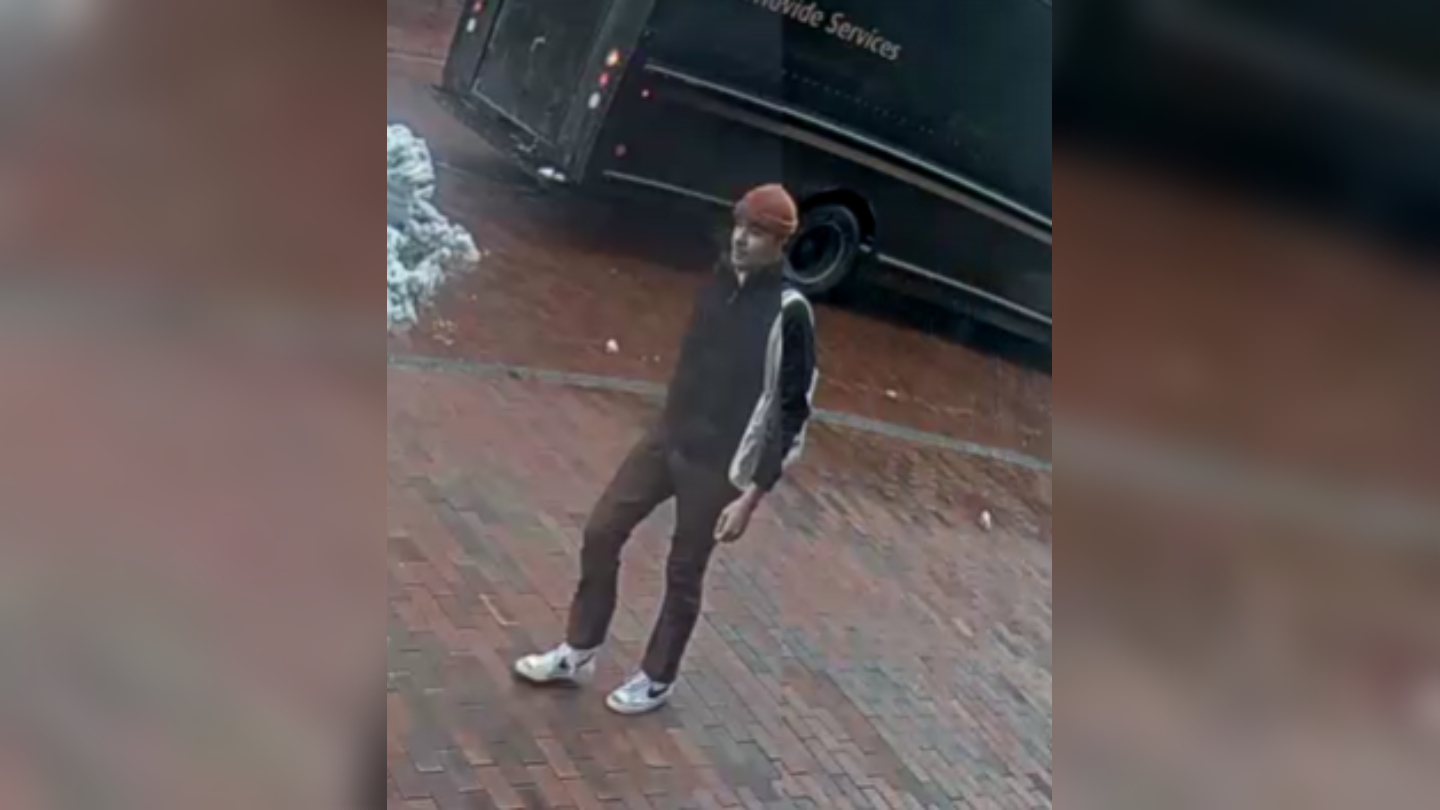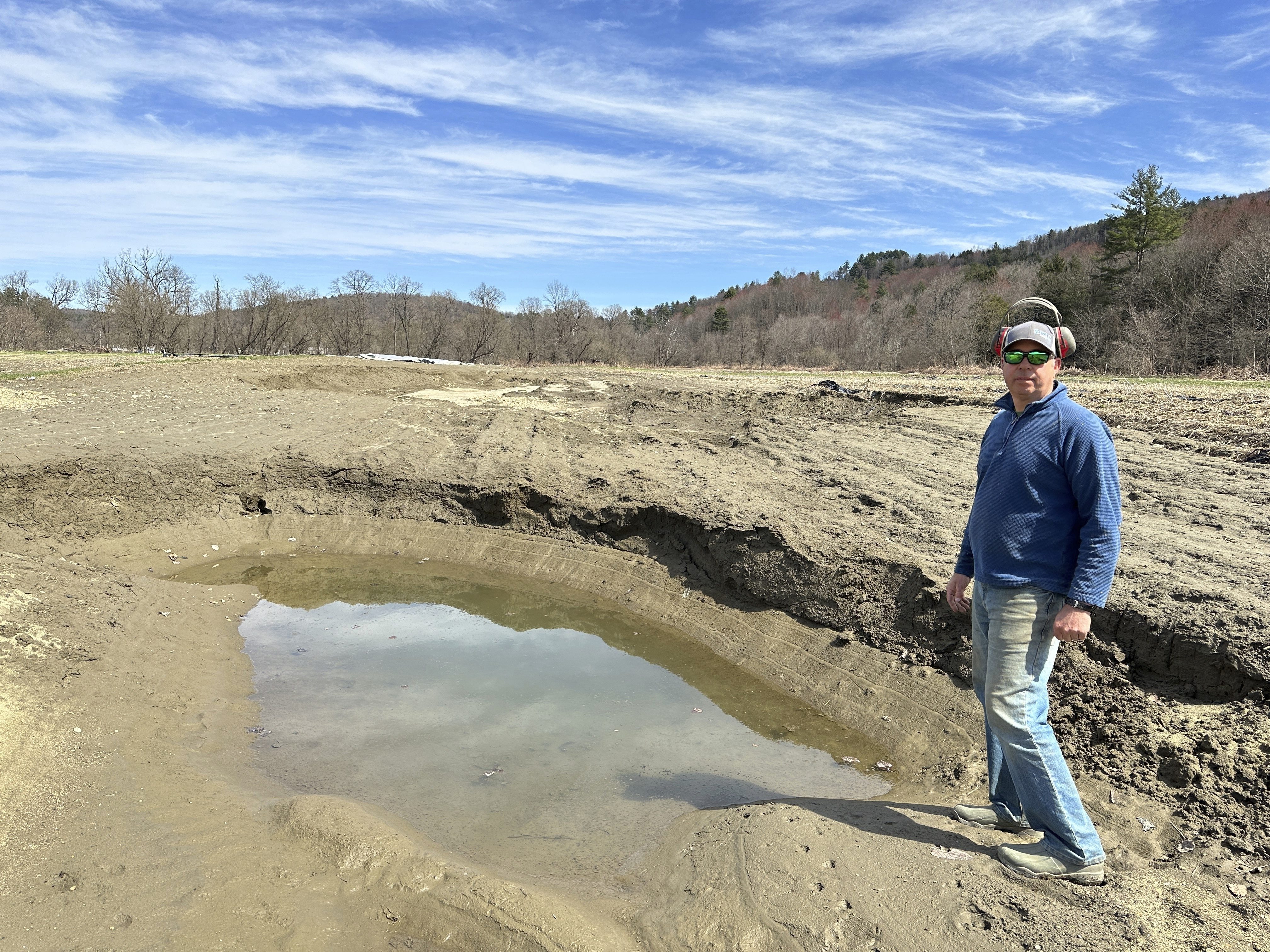The Vermont Department of Fish and Wildlife is wondering if a major funding source may take a hit over the next few years.
The uncertainty comes amid questions over what may happen with gun sales under President Donald Trump. A federal excise tax on firearms and related products generates revenues devoted to wildlife restoration and habitat management.
Chris Sanborn, the vice president of R&L Archery in Barre, which sells archery equipment, firearms, ammunition, and other gear, said he is also closely watching gun sales.
Sanborn said during President Barack Obama's time in the White House, many hunting and shooting enthusiasts thought gun restrictions would be tightened, so they went on spending sprees.
“We enjoyed eight years of record sales,” recalled Sanborn.
All those gun sales meant a burst of revenues for wildlife projects through what is known as the Pittman-Robertson Act, an 80-year-old federal law that collects a 10-11 percent excise tax on firearms, ammunition, and archery equipment, and disburses that money back to the states.
According to state fish and wildlife officials, Vermont got a more than $4.6-million apportionment for the current fiscal year.
Vermont
The latest news from around the state
The apportionment hovered between $4.1-4.8-million over the previous three fiscal years, the state figures show.
That represents a significant increase in revenues from gun and archery sales during the Obama presidency over the years prior to his term in office.
Ten years ago, during the presidency of George W. Bush, the Pittman-Robertson apportionment Vermont received was just under $1.6-million, according to figures from the state.
This year’s apportionment paid for, among other projects, a complex study into the health of the moose population, like one also underway in New Hampshire.
Louis Porter, the commissioner of the Vermont Department of Fish and Wildlife, told necn that the Pittman-Robertson monies have made up between 15-20 percent of his department’s overall budget in recent years.
Additionally, Porter said he is now bracing for the possibility that the important funding source may shrink.
“There's a lot of uncertainty out there,” Porter said, describing future Pittman-Robertson revenues.
The uncertainty comes from the fact President Trump has promised friendship to the National Rifle Association, perhaps minimizing the fear of new restrictions that apparently drove the spike in sales of firearms in recent years.
“The eight-year assault on your second amendment freedoms has come to a crashing end,” President Trump told the NRA convention late last week when he spoke to the gathering.
“There's not that fear that the regulation may change — that you may not be able to purchase this a year down the road,” Chris Sanborn said of the mood he has observed in the community of gun owners. “That urgency to get that next gun isn't there like it was back at the election and through the President Obama years.”
If there is a slowdown in gun sales, that could mean a short-term dip in cash generated for animal research and other environmental work through the Pittman-Robertson system.
“We will have to not do some wildlife projects and habitat acquisition projects we would do otherwise if we had the money,” Fish & Wildlife Commissioner Porter said. “So it'll have a real impact on what we do.”
Porter said while this revenue source will have natural ups and downs, one constant is sportsmen’s passion; meaning money will never evaporate entirely.
It’ll be up to the states to stay flexible and prioritize their projects in times of uncertain budgets, Porter suggested.
Monday was day one of Vermont's turkey hunt. Central Vermont hunter Roland Tousignant, who said he had more prior experience with deer hunting, checked in his first wild turkey at R&L Archery to have it weighed and documented.
“That was great,” Tousignant beamed after placing the eventual meal in the back of his truck. “That was a good feeling!”
Enthusiasm like that indicates there will be continued interest in hunting and shooting, which, in turn, helps fund ongoing wildlife research.



